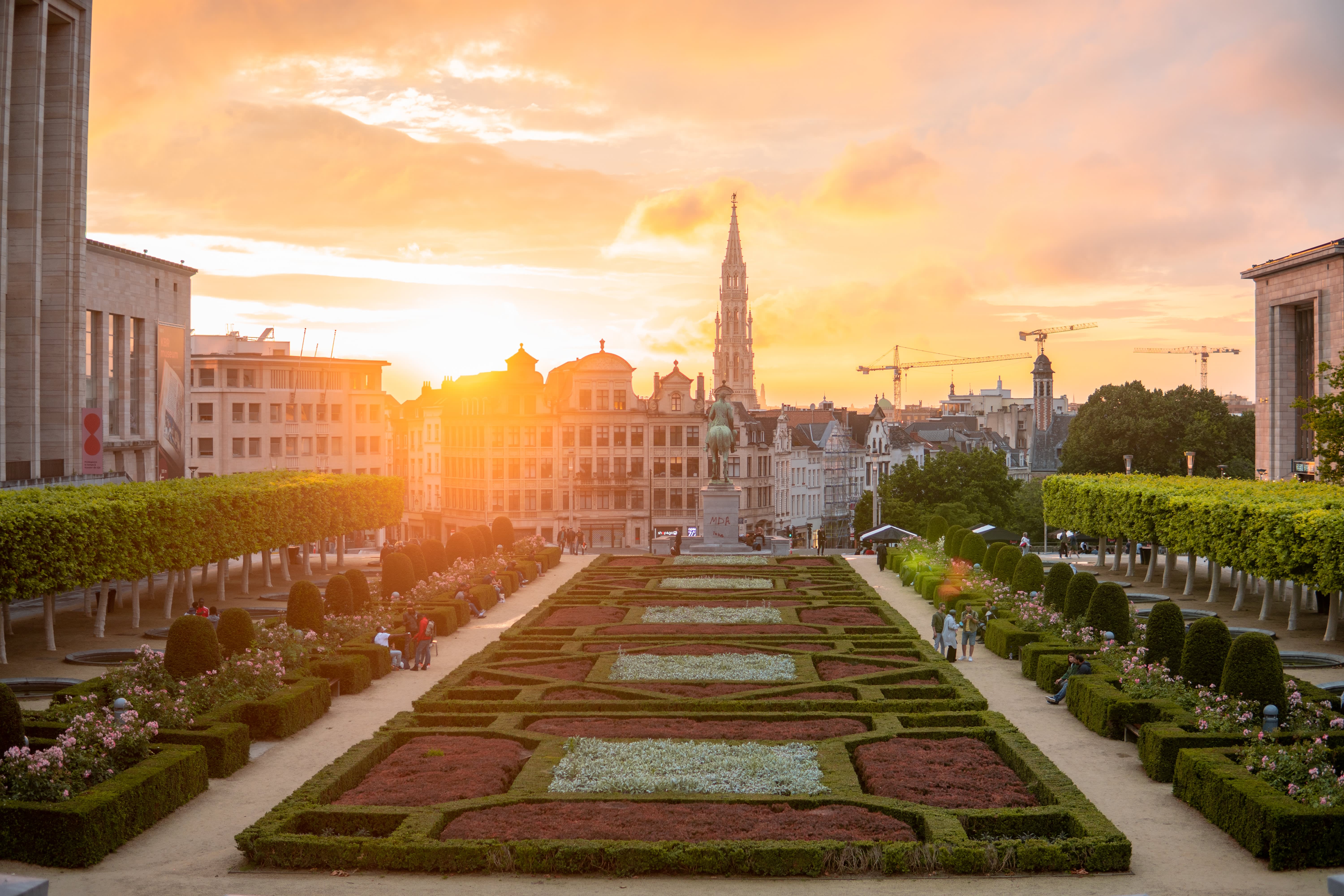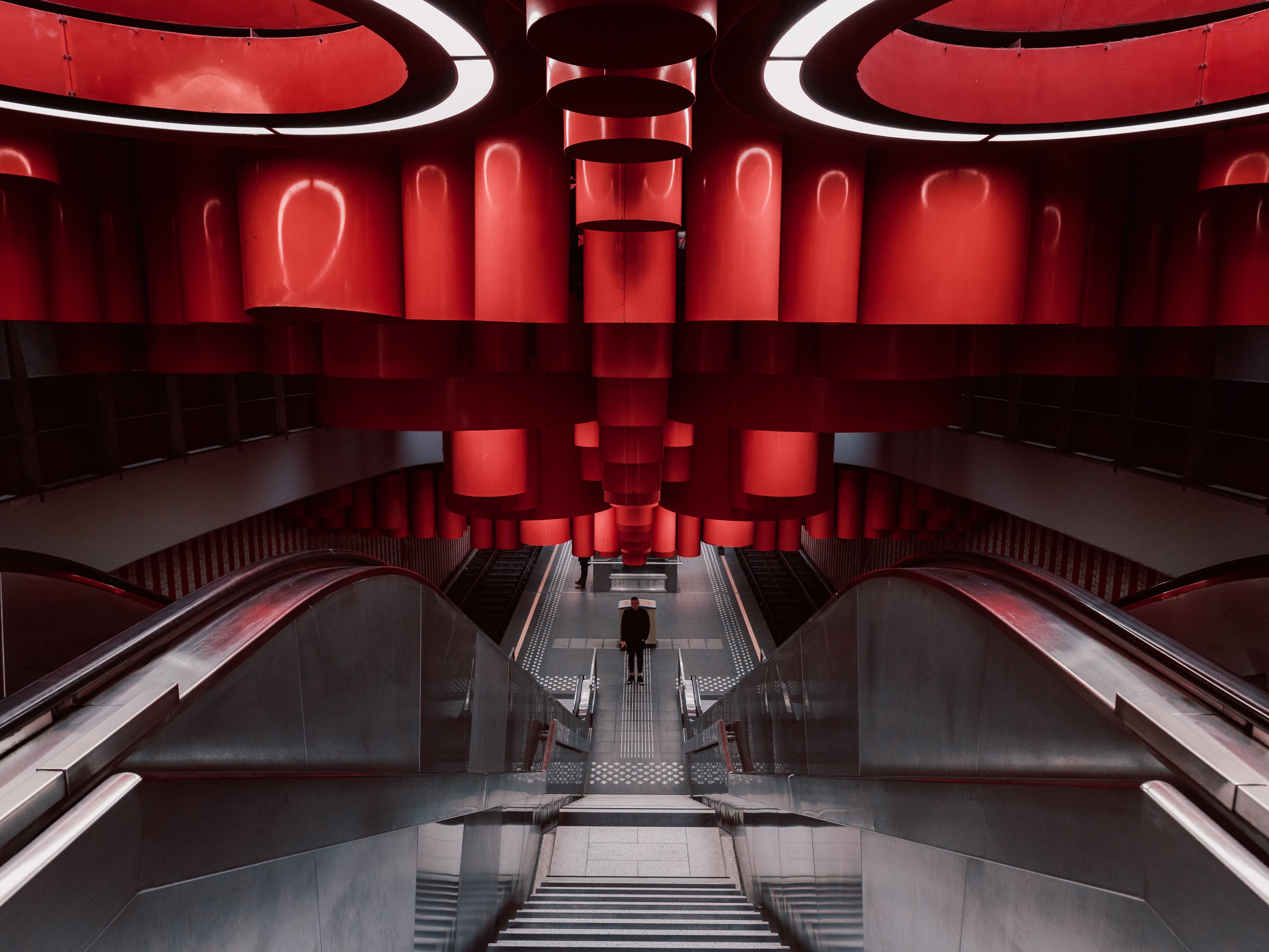Are there areas to avoid in Brussels?
Brussels is a generally safe city, but like any urban centre, there're some areas you might want to avoid. Read on to find which places to approach with caution.
Ivandzhelin
Whether you’re preparing to work or study in Brussels, there’s a crucial checklist to complete before your move. One of the top priorities is finding a suitable place to live in a nice and safe neighbourhood. But are there any areas in Brussels that you should avoid? Let's explore this topic and ensure you make an informed decision about your new home in the Belgian capital.
Is Brussels a safe city to live in?

Yes, Brussels is a safe city to live in. With a safety score of 60%, the city is safer compared to capitals like Paris or London.
The overall crime rate in Brussels has decreased in recent years. But there have been rising levels of petty crimes and drug-related offences, particularly in the areas surrounding the main train stations.
To address these challenges, the local government has been taking proactive steps. They have increased police patrols in high-risk neighbourhoods, deployed extra security personnel at transport hubs and tourist attractions, and installed advanced surveillance technology in public spaces.
The 4 areas in Brussels you should avoid
Belgium’s capital is divided into 19 municipalities known as gementees or communes. Like any major metropolitan city, some municipalities have higher crime rates than others. The local police mostly deal with petty crimes like theft and pickpocketing. As a rule of thumb, most communes are safe, with some streets experiencing crime.
Molenbeek

Molenbeek is one of Brussels's most densely populated areas, with over 100,000 residents in just 5.9 square kilometres. The neighbourhood is known for its vibrant street art scene, with many buildings and walls covered by beautiful murals and graffiti.
The neighbourhood gained its reputation as a place to avoid because of some residents' ties with the 2015 terrorist attacks in Paris. Since then, no violent or organised crime ties have been found to Molenbeek. Presently, the municipality mostly struggles with drug trafficking.
However, in recent years, the local government has successfully reduced the crime rate in the neighbourhood through the implementation of numerous revitalization projects.
Gare du Midi

The area around Gare du Midi in Brussels is known as the "Midi" or "Zuid" neighbourhood and is home to a diverse mix of cultures, cuisines, and attractions. It’s considered dangerous because of petty crimes like pickpocketing and mugging.
Like in Molenbeek, the city is improving safety in the neighbourhood through increased police presence and surveillance.
Rue d’Aerschot

Rue d’Aerschot is located in the red light district of Brussels. Together with Rue de Brabant, the area is known for numerous sex shops, strip clubs and prostitution, which has given it a bad reputation. Brussels is dealing with petty crime and scams in the area by increasing police presence. If you go there, keep an eye on your belongings and avoid visiting alone at night.
Brussels-North Station

The station is located on the Northern side of Brussels and is one of the busiest stations in the city. It’s generally safe, but pickpocketing incidents have been reported.
Walking alone at night can make you feel uneasy as it’s located in the vicinity of Brussels’ red light district. Like the places mentioned, the neighbourhood is undergoing actions to improve safety and security.
Is Brussels safe at night?
While Brussels is generally safe at night, it's recommended to be cautious around certain areas in the Northern side of Brussels like Schaerbeek and Saint-Josse-ten-Noode, and some train station areas after dark.
Thankfully, the city's efficient and extensive public transport system operates throughout the night, offering a secure way to navigate the city.
What to do if you feel unsafe in Brussels?
In case of emergency or if you think your safety is threatened, call the European emergency number 112. The dispatch will redirect you to the closest emergency service you need.
Tips for being extra cautious in Brussels
- Knowing your neighbours is a must. They can offer valuable insights about the area (e.g. places to visit or avoid), provide support in difficult times, and can keep an eye on your place when needed.
- Download the 112 BE app, which makes it easier to call emergency services, or BE-Alert, which has recommendations about your safety.
- Investing in a sturdy lock minimises the potential for burglaries and break-ins. If your contract doesn't allow you to change it, you can buy a portable lock which ensures your doors can't be opened.
- Booking your accommodation through a trusted platform like HousingAnywhere prevents you from becoming a victim of a scam.
- Always check whether you've locked the door before you leave your house. That way you can be sure no one breaks in.
- Exercise caution when spending time in or around stations, as they're accessible locations for criminal activities to take place.
- Familiarise yourself with the route you need to take so you don't end up getting lost after dark.
So, to answer our question: there aren’t really any neighbourhoods to avoid in Brussels. The city mostly struggles with petty crimes, but as long as you’re mindful of your surroundings, you won’t really have much to worry about.
This article is for informational purposes only.
Please reach out to content @housinganywhere.com if you have any suggestions or questions about the content on this page. For legal advice or help with specific situations, we recommend you contact the appropriate authorities.
Related articles
In this article
Find your home in Brussels
Browse hundreds of verified rental properties across Brussels' neighbourhoods. Search smart, search safe.
Search Now

